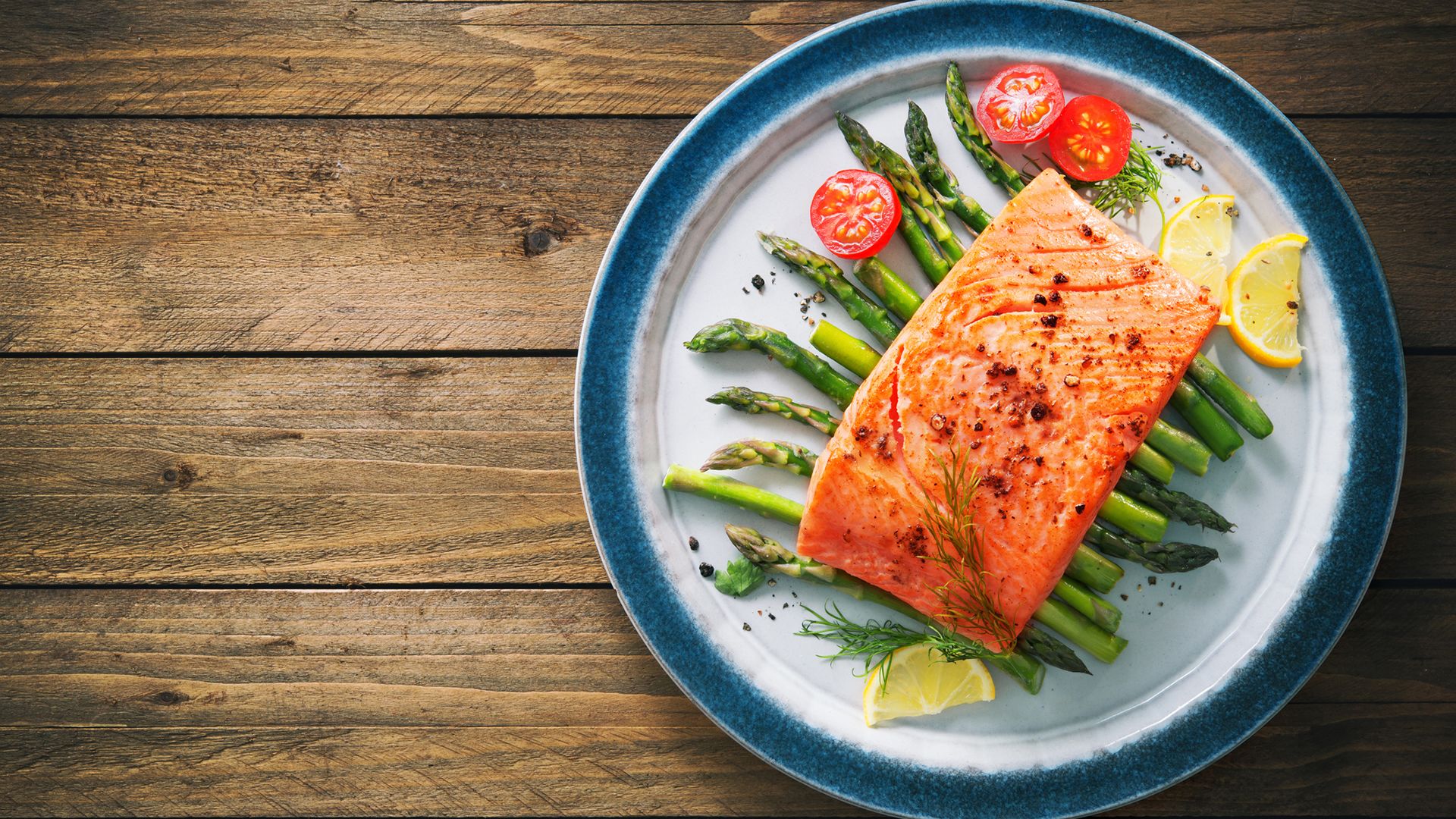Good nutrition is one of the most important components of good overall health. But when you are living with a form of inflammatory bowel disease (IBD), maintaining good nutrition can be a significant challenge.
IBD refers to Crohn’s disease and ulcerative colitis (UC) two chronic conditions that cause attacks of inflammation in the gastrointestinal tract. Attacks are commonly referred to as flares or flare-ups.
Reducing the duration, severity, and frequency of flares is a central goal of treating IBD. While there is no cure for either Crohn’s disease or UC, there are therapies that can help manage these conditions, including medications and surgeries. Nutrition is also an important focus of treatment.
While Crohn’s disease and UC are separate conditions that impact the body in different ways, they share several overlapping symptoms, including diarrhea, pain, and bloody stools and bleeding from the rectum.
Likewise, each condition is associated with a different set of potential complications, but there are several complications that overlap. One overlapping complication is malnutrition.
What is malnutrition?
Our bodies require a balance of specific nutrients, vitamins, and minerals to remain healthy. Malnutrition is what happens when the body does not get the right balance of those nutrients, vitamins, and minerals.
This includes getting too few nutrients (undernutrition) as well as getting too many (overnutrition). Both are harmful to a person’s health. For example, overnutrition can lead to being overweight or obese, which can have serious consequences to a person’s health.
Here, the focus will be undernutrition, which is the form of malnutrition that is commonly associated with IBD.
IBD and undernutrition
There are several different ways that IBD can contribute to undernutrition, including:
- IBD can ruin a person’s appetite. The idea of eating anything can be very unappealing when you are experiencing symptoms like diarrhea and abdominal pain. As a result, a person with IBD may not consume enough food and nutrients.
- Eating a balanced diet can be difficult. Different foods contain different nutrients, and it’s recommended that a person eats a variety of foods. Because certain foods can trigger or worsen IBD symptoms, some people may avoid certain foods.
- Malabsorption. Inflammation can impair the body’s ability to absorb nutrients from food. This means that while enough nutrients end up in the GI tract, the body is unable to use these nutrients. Diarrhea can also contribute to poor nutrient absorption, causing food to move through the GI tract too quickly and incompletely digested.
- Anemia. Many people with IBD experience bleeding in the GI tract. Blood loss can lead to iron deficiency and anemia, a condition where the body lacks enough healthy red blood cells. Poor nutrition and malabsorption can also contribute to anemia.
Every organ and system in the body depends on nutrients to function well, and being malnourished can cause many complications throughout the body. The muscles, bones, brain, immune system, kidneys, skin, and reproductive organs can all become damaged or function less well because of malnutrition.
Avoiding and addressing malnutrition
Your best source of information will be your healthcare provider. Blood tests can give an in-depth look at your nutrition, and it can help guide you and your healthcare provider in coming up with an eating plan that addresses your specific nutritional needs. Keeping a record of the foods you eat day to day, along with a record of how you feel, can provide helpful information.
Your healthcare provider can also prescribe nutritional supplements or other therapies that can help boost the levels of any nutrients your body is lacking. Tell your healthcare provider about any medications, supplements (including herbal supplements), and over the counter drugs you are taking.





